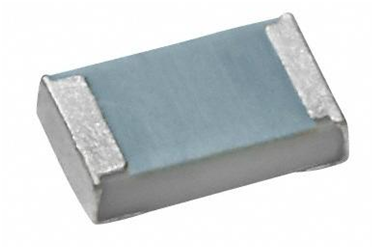What are the requirements of sensors for hydropower plants?
1 Introduction to the sensor
A sensor is a component or device that can sense a specified measurement and convert it into an available output signal according to a certain rule. The input signal (measured) is often non-electrical, and the output signal is often a power that is easy to handle, such as voltage or current.
There are many types of sensors, different classification standards, and different methods. Commonly used are resistance sensors, inductive sensors, capacitive sensors, temperature sensors, piezoelectric sensors, Hall sensors, thermocouple sensors, photoelectric sensors, digital Position sensor, etc. The sensors used in hydropower plants mainly include current sensors, voltage sensors, photoelectric encoders, pressure sensors, liquid level sensors, temperature sensors, flow sensors, etc., which are mainly used to detect position, linear displacement, pressure, temperature, flow and so on.
2 Power plant requirements for sensors
Modern large-scale hydropower plants generally have the requirements of “unmanned duty, few people on duty”. In order to improve the overall efficiency and reliability of equipment work, there are high requirements for sensors:
(1) High reliability and strong anti-interference ability;
(2) meet the requirements of accuracy and speed;
(3) Easy to use and maintain, suitable for the special environment of the power plant;
(4) Low cost.


